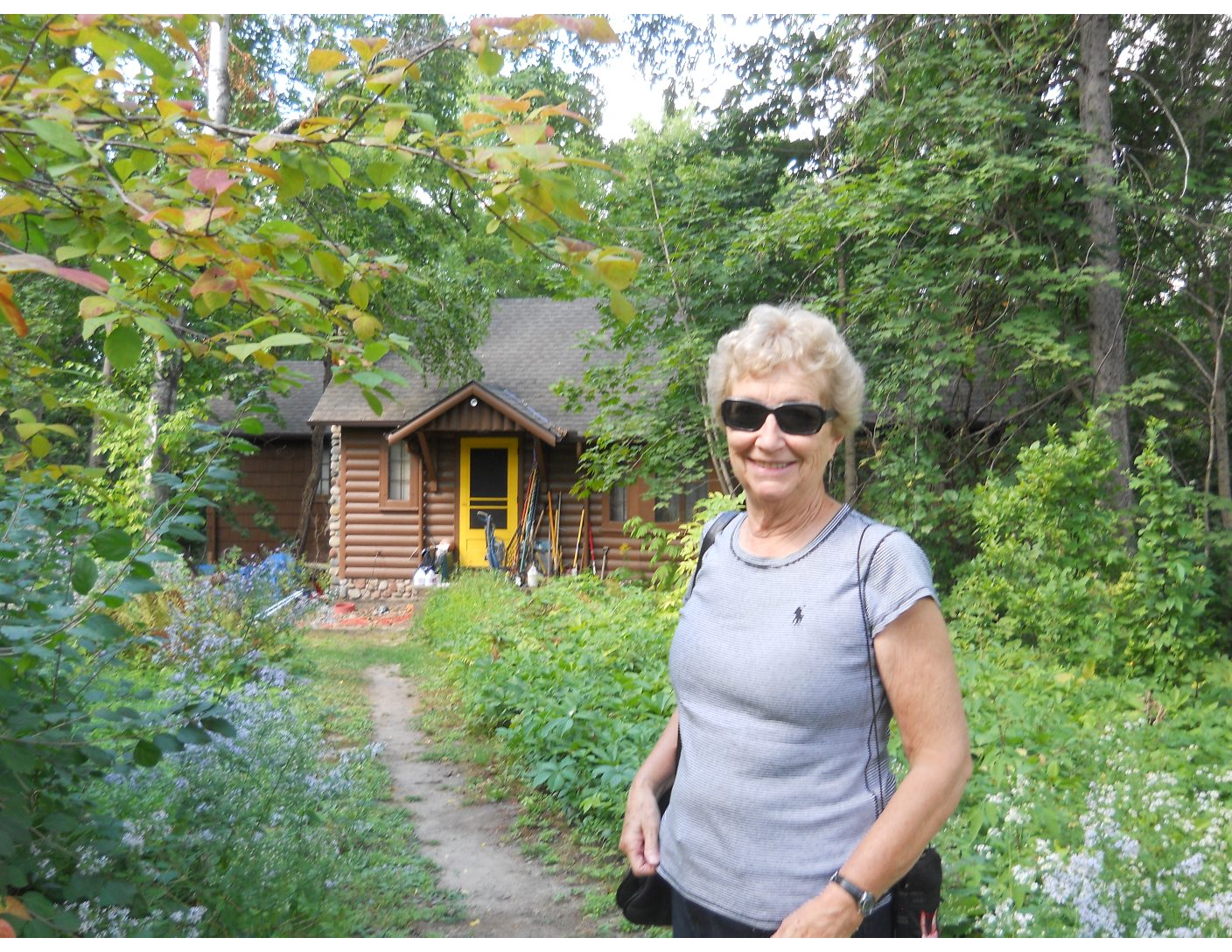1931. Grandpa Jones lost everything in the stock market crash. It was the beginning of the Great Depression. Prohibition was still in effect. Millions of people were out of work. Uncle Johnny went to prison for killing Frank Ventress at the Green Lantern. Uncle Frank and George Hurley disappeared. Grandma Jones’ family was in disarray.
George and Margaret Hurley owned the Green Lantern. George, a man of questionable ethics, was the manager. Margaret, my grandmother’s hard-working sister, was the cook.
The night of the murder, George took off for California, leaving Margaret to raise their five children alone. The FBI questioned Margaret repeatedly about the whereabouts of her husband. She didn’t know where he was. If she did, she might have killed him, herself.
Our family lost track of George until one day in the 1940’s his picture appeared in Life magazine. He was sitting on a boat, enjoying the California sunshine and the good life.
“His picture wasn’t identified, but everyone knew it was him,” my mother said.
Meanwhile, Frank Fay was accused of being an accomplice in the Green Lantern murder. He was, after all, the guy who chased Frank Ventress out the back door of the restaurant into Uncle Johnny’s gunfire.
Frank and Johnny took off for Canada. Johnny came back to Minnesota to face charges but Frank hid from the police and was never charged.
Uncle Frank, the youngest of Grandma’s siblings, was tall and handsome, gregarious and generous. Frank sent money to Grandma Fay, Aunt Margaret and Aunt Ruth for years, while they struggled to pay their bills with no husbands to help support them.
Frank never drank alcohol and he was not involved in the speakeasy lifestyle of Johnny and Ruth. He was a less flamboyant Chicago gangster. Gambling was his vice of choice.
Frank married Florence Hotek, a beautiful woman from Fort Dodge, Iowa. Although they never had children, Florence had a glamorous sister with a daughter, who always lived with Frank and Flo.
“We never knew when Frank would drive up in his big black car with those two gorgeous women in front and the little girl in the back seat,” my mother told us.
Frank and Florence spent winters in Florida and summers in Minnesota. Anyone who operates a gambling casino in the U.S. needs to have a Federal Gambling License, called a stamp, to operate legally. Without it, gambling is a federal offense. Frank almost bought the Federal Gambling License in Florida, but for some reason neglected to do so, which caused the FBI to chase him for years.
Great-Grandma Fay died in 1944. The funeral was in Minneapolis and filled with drama. Frank was Grandma Fay’s favorite. Her baby boy. Her only living son. Would he show up for the funeral? Would he risk being arrested? Or would he outsmart the FBI one more time?
The church was filled with giant sprays of flowers, sent from Chicago, California, Florida, and the Twin Cities. “For Frank’s Mom” the cards read. There was even a huge bouquet in the shape of a golden horseshoe. FBI men stationed themselves outside the church, waiting to arrest Frank if he came to the funeral. At the last minute, Frank slipped in the side door to say goodbye to his mother and the FBI never knew he was there.
Frank continued to run illegal gambling operations in Florida. In the summer he moved to Brainard, Minnesota, and ran a restaurant called The Bar Harbor. The restaurant was infamous. Frank paid off the local authorities and ran a casino in the back room of the restaurant with slot machines, Black Jack, and Poker.
Brainard was far from the Twin Cities in the days after WWII, and it was a destination for serious gamblers. The restaurant was on Gull Lake. People docked their big, fancy boats and went inside for dinner and a night of gambling.
I remember meeting Uncle Frank twice. One time, on a family vacation to northern Minnesota, we stopped at the Bar Harbor. It was about 10:00 in the morning and our family and Frank were the only people there. Frank took us kids behind the bar and filled our pockets with candy bars. He let us have all the coca-cola we could drink. We thought he was the coolest person we’d ever met.
Another time, we met Uncle Frank at a bait shop in northern Minnesota. My dad said we were going to buy bait for fishing at Uncle Frank’s store. After we bought our worms, Frank said, “Bob, I want to show you something.” He opened a hatch in the floor and we all trooped down to the cellar, where Frank proudly showed off his casino in the basement of the bait shop.
Uncle Frank continued his life as a successful gambler until the early 1960’s, when Miles Lord, a firebrand lawyer, was elected Minnesota’s Attorney General. Lord initiated a crackdown on organized crime and Frank’s businesses were shut down. But Frank never went to jail for this or anything else.
Uncle Frank died of natural causes in 1966. He was sixty-nine years old.





